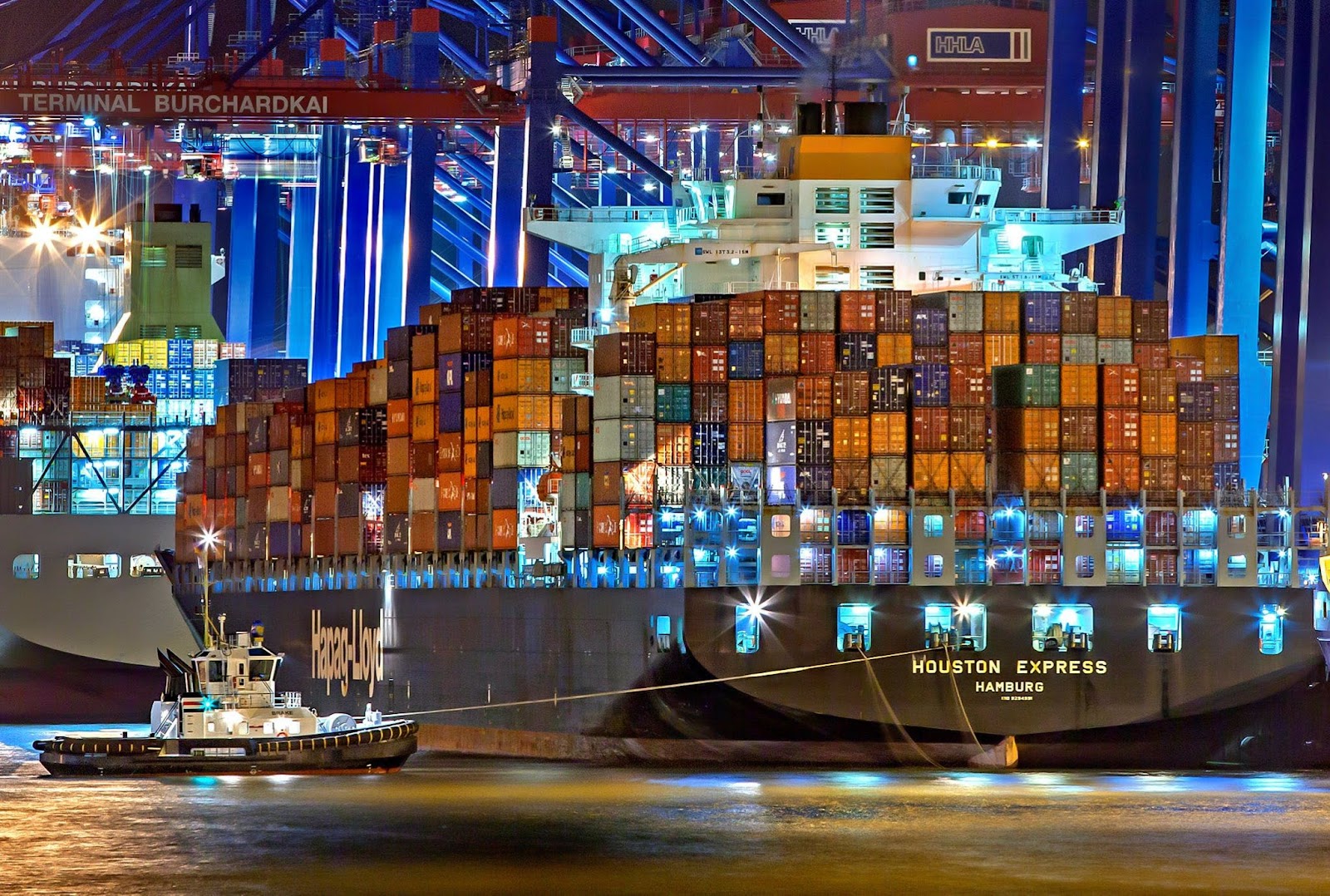In this growing competitive market, where all major MNCs are competing against each other to capture more and more market share in both the domestic as well as international markets. With rapid globalisation, the scope of competition has increased fourfold and this has led to Trade Wars.
But the question that arises first is, “What is Trade Wars?”. You must have heard earlier about a price war between two or more firms in a particular industry, where firms used to reduce their prices to capture more market share, but in trade wars usually, countries are involved and they try to reduce trade with a particular country or a group of companies of a particular country.
What is a Trade War?
A trade war is a kind of economic or trade conflict between two countries wherein they both implement trade protectionist policies against each other. These trade protectionist policies or trade barriers can be in any form including but not limited to tariffs, import quotas, domestic subsidies and currency devaluation.
Trade wars usually begin when a country’s government believes that the other country is engaging in unfair trade practices that hurt the first country’s market. In order to protect their domestic industry or create jobs they can impose trade barriers, such as tariffs on a key import. This tit-for-tat was turning into a trade war.
A trade war is distinct from sanctions on trade, as sanctions may have philanthropic goals too while trade wars result in detrimental effects on trading relations between two nations.
Are Trade Wars Good or Bad?
Trade wars are the result of protectionism policies followed by governments of different countries. Proponents of trade wars argue that when implemented properly in a well-planned manner, it can offer various competitive advantages. By blocking or discouraging imports, protectionist policies throw more trade at domestic manufacturers, ultimately creating more jobs. These policies also help prevent trade deficits. In addition, proponents believe that nuisance tariffs and trade wars may be the only effective way to deal with countries that acted unfairly or unethically on trade policies.
Critics have pointed out the detrimental effects like the dissolution of trade relations, and the depression of the economy. It severely affects common people due to higher inflation rates and slower economic growth, as it is the citizens who have to face the adverse impacts. They may have to face shortages if there are no ready substitutes for imported goods. Having to pay more for raw materials hurts manufacturers’ profits. Consequently, trade wars can raise prices — especially manufactured goods — and lead to inflation throughout the local economy.
Pros:
- Safeguards domestic companies against unfair competition
- Boosts demand for domestic goods
- Stimulates local job growth
- Enhances trade deficits
- Acts as a deterrent for nations with unethical trade policies
Cons:
- Raises costs and contributes to inflation
- Leads to marketplace shortages and reduces choice
- Discourages trade activities
- Slows down economic growth
- Adversely impacts diplomatic relations and cultural exchange
How are Trade Wars fought?
Trade wars are fought by putting trade barriers against a country’s product. However, the way these trade barriers could be implemented depends from nation to nation. Ranging from tariffs to domestic subsidies, these barriers are aimed at reducing the number of imports from a country that they’re at war with or if they just want to make the products of that country a bit expensive.
Following are some of the most commonly followed war tactics:
Tariffs
Tariffs are very common in trade protectionism. It involves increasing tax imports, raising costs and thus, generating government revenue. They aim to give domestic producers an edge by limiting foreign competition. Trade wars involving tariffs are termed toll wars or customs wars.
Import Quotas
Import quotas restrict trade by capping the quantity of a specific product that can be imported. Unlike tariffs, quotas don’t contribute revenue. They protect domestic producers by limiting foreign competition.
Domestic Subsidies
Government subsidies enable local producers to lower prices, enhancing competitiveness in foreign markets. Lower costs deter imports and boost exports, especially effective in high-export countries or industries.
Currency Devaluation
Devaluing the domestic currency in relation to others is a trade tactic. It boosts the competitiveness of domestic exports abroad while making imports relatively more expensive in the domestic market.
Embargos
Embargoes, which is an extreme trade policy, officially ban specific goods’ trade with a particular country. They can completely prohibit or limit the commercial activity of the targeted goods, often used as a form of protest.
Impacts of a Trade War on the Global Economy
The impact of the trade war on the local and global economy can be categorised into short-term and long-term.
Short Term Effect
In the short term, the trade war may have both positive as well as negative effects on the local economy. Traders and manufacturers of the country imposing the trade barriers will benefit in the short term due to low competition from foreign products. But when the other nation retaliates with its trade protection policies, then, businesses of both the nations will be impacted, either positively or adversely.
Though the scale of impact may not be large in the short term to the local economies, if not prevented during this period, it will surely have detrimental effects in the long term. The point to note here is that a trade war won’t have much impact on the overall global economy in the short term.
Long Term Effect
Economists generally concur that engaging in trade wars has detrimental effects on the economy, hampering GDP growth and diminishing a country’s competitiveness globally. This is grounded in the principle of comparative advantage. By imposing higher costs on imported goods, the government inadvertently passes some of these expenses onto consumers.
Despite the shielded domestic industries facing reduced competition, they often fail to produce at a lower cost post-implementation of protectionist policies. The resultant increase in product costs lowers consumer consumption, triggering an overall economic slowdown. In the long run, this trend can lead to a reduction in job creation on the whole.
Conclusion
In the intricate play of global commerce, trade wars emerge as disruptive players, unsettling economies and stifling growth. As we navigate this complex terrain, it becomes evident that fostering cooperation and embracing the principles of free trade is not merely an economic choice but a strategic imperative for sustained global prosperity.
To facilitate free trade and encourage higher imports and exports, licences such as Advance Licence have been promoted by the governments.



